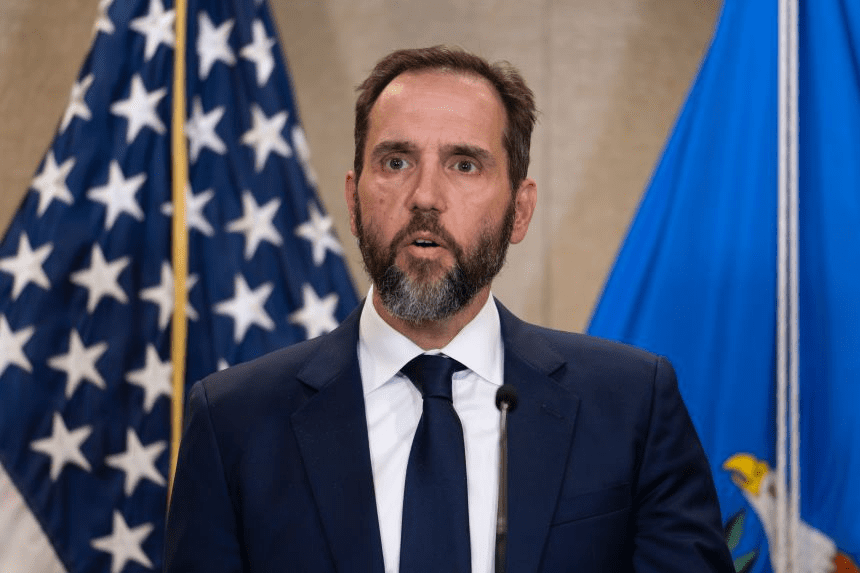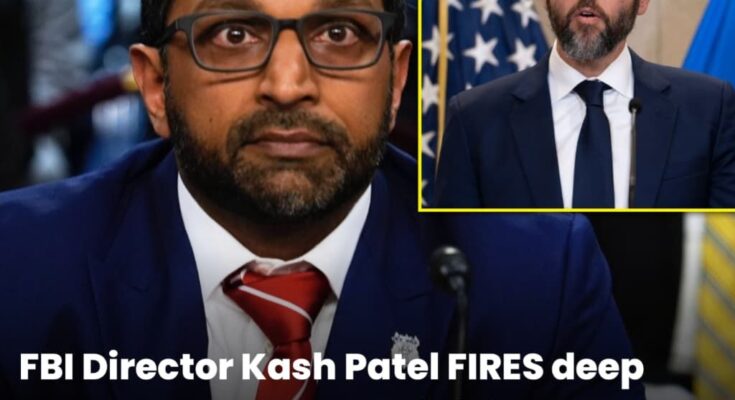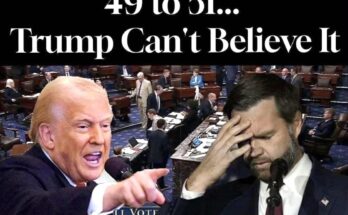FBI Director Kash Patel has initiated an internal review following the release of documents revealing that phone records of several Republican lawmakers were accessed during the Justice Department’s January 6 investigation led by Special Counsel Jack Smith. The revelation, first reported through a 2023 memorandum Patel declassified this week, has sparked sharp political debate over the boundaries of federal surveillance and renewed concerns about the alleged weaponization of law enforcement during prior administrations.

The document in question outlines that Smith’s investigative team, under authorization from the Justice Department, obtained communication metadata from at least eight Republican senators and one House member while probing potential ties between political figures and events surrounding the Capitol riot. Patel, who was appointed FBI Director earlier this year, described the findings as “deeply troubling” and called for a “transparent review” of how and why the surveillance requests were approved. However, despite several viral online claims, Patel has not announced any firings or the launch of a formal criminal investigation into employees involved. Instead, his statement emphasized the need for accountability and reform within internal oversight mechanisms, saying, “The American people deserve to know that justice is never politically motivated.”
The controversy traces back to 2023, when the Biden-era Justice Department reportedly used legal tools to gather data from telecommunications providers as part of its broader investigation into efforts to challenge the 2020 election certification. While the practice was lawful under federal investigative protocols, critics say the scope was excessive and possibly targeted based on political affiliation. Patel, a former national security official and senior Trump ally, has positioned the disclosure as evidence of how intelligence-gathering tools may have been misused under prior leadership. He has vowed to strengthen internal controls to prevent similar incidents, framing the moment as a test for the FBI’s credibility.

Public reaction has been swift and divided. Conservative figures have applauded Patel’s transparency, viewing his actions as a necessary correction to what they see as years of partisan overreach within the Bureau. Social media posts from high-profile Republican lawmakers called for further scrutiny, with some urging congressional oversight committees to review the matter independently. Meanwhile, Democratic voices have urged caution, noting that the context of the document suggests that the information was acquired through approved legal channels and should not be mischaracterized as “spying.” Legal analysts have echoed this view, pointing out that the records accessed were limited to metadata—such as call durations and contact logs—rather than the content of private communications.

Jack Smith’s office has not issued a public comment but has previously defended all data requests made under his authority as lawful and essential to protecting national security. In prior statements, Smith has emphasized that the special counsel’s team “operates within the bounds of the law and oversight,” asserting that their investigative work was not politically motivated.
As Patel’s review moves forward, insiders say the FBI is quietly conducting interviews and compiling documentation to assess whether proper judicial oversight was maintained. A senior agency official described Patel’s tone as “reform-focused, not retaliatory,” highlighting his desire to restore confidence in the Bureau amid a climate of growing public skepticism.

The broader debate now touches on a larger issue that transcends party lines — the balance between national security imperatives and civil liberties. As Patel takes on the delicate task of rebuilding trust within an institution often caught between politics and principle, observers across the spectrum agree on one point: transparency will determine the future credibility of the FBI. Whether his review uncovers actionable misconduct or simply exposes flaws in oversight procedures, the outcome is likely to shape how Americans perceive the independence of federal law enforcement in the years ahead.



